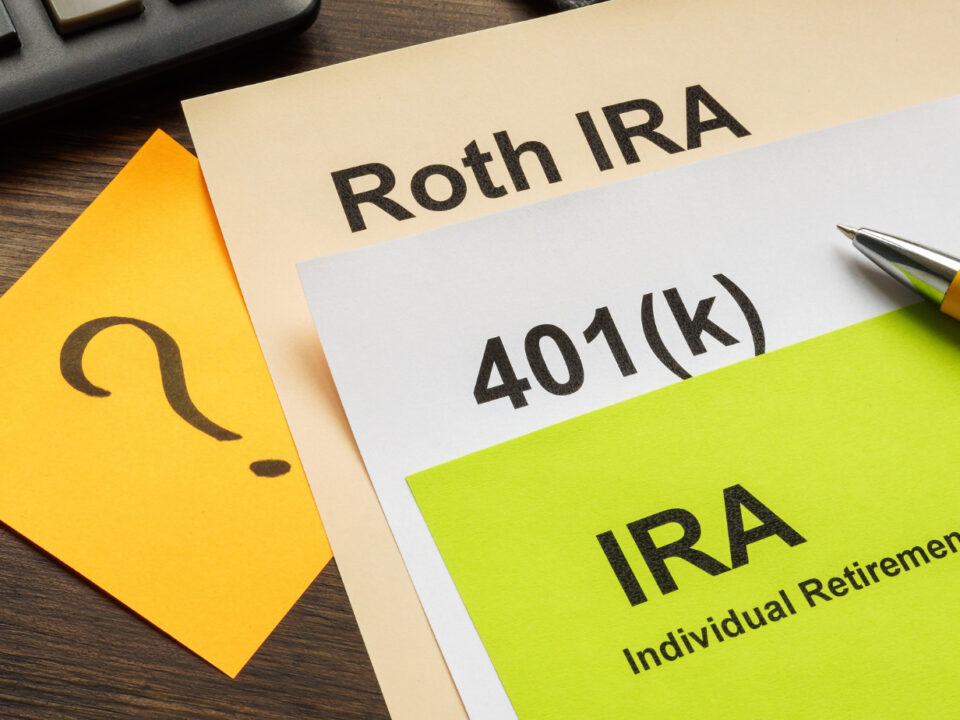- EXPERIENCED LAW FIRM IN TOLEDO, OH
- (419) 662-3100
Executor Mistakes to Avoid in Ohio Probate

Jon Balcerzak Named Partner at Heban, Murphree & Lewandowski, LLC
June 10, 2025
What Qualifies as a Small Estate in Ohio?
July 7, 2025Executor Duties in Ohio
So, you’ve been named executor. Maybe your parent trusted you to handle their affairs. Perhaps you’re the responsible sibling, the organized one, or just the one who didn’t say “no.” However it happened, the job is now yours, and if you’re like most first-time executors in Ohio, you’re wondering: Now what?
Managing an estate isn’t something most people train for. It involves legal filings, family communication, finances, court deadlines, and maybe even some emotional landmines. But with a clear understanding of your duties and a few cautionary tales, you can do the job well, protect yourself, and honor your loved one’s wishes.
Let’s walk through what to expect, what to avoid, and how to survive the process with your sanity (and relationships) intact.
You’re Not Official Until the Court Says So
Even if they name you executor, you don’t have legal authority until the probate court formally appoints you. That means no writing checks, selling assets, or closing accounts until you’re officially recognized by the court and issued what’s called Letters of Authority.
These letters are your legal permission slip. Banks won’t talk to you without them. You’ll use them to access accounts, pay bills, and handle everything on behalf of the estate.
If there’s no will or no executor named, the court will appoint an administrator. Either way, the job is the same.
Your Job Description, in a Nutshell
Being an executor in Ohio means you’re responsible for managing someone’s financial life after death. That includes:
- Filing the will with the probate court
- Identifying and securing all assets
- Paying debts and taxes
- Notifying heirs and beneficiaries
- Keeping records and reporting to the court
- Distributing remaining assets according to the will (or state law if there is no will)
The Clock Is Ticking (and the Paperwork Is Real)
After you’re appointed, you’ll need to file an inventory with the court, usually within three months. This means listing everything the deceased owned that falls under the probate estate: bank accounts, vehicles, real estate, personal items, investments, and so on.
Then come the creditor notices. In Ohio, creditors have six months from the date of death to file claims. It’s your job to notify known creditors and publish a notice in a local newspaper. You’ll also be responsible for evaluating and paying valid claims in the correct legal order (more on that in a moment).
Throughout the process, you’ll keep detailed records, balance an estate bank account, and eventually file a final accounting before distributing what’s left to the heirs.
Keep It Separate
Whatever you do, don’t mix your own money with the estate’s. Open a separate estate bank account as soon as you’re appointed. All estate-related income (like final paychecks or sale proceeds) should go in, and all payments should come out of that account.
Even if you’re an heir, do not pay yourself early. Distributions are made only after all debts, taxes, and court requirements have been satisfied.
Commingling funds, even with good intentions, can result in removal, fines, or lawsuits.
Don’t Go Rogue with the Will
As executor, your role is to follow the will, not reinterpret it. Even if the instructions seem unfair or unpopular, your legal duty is to carry them out exactly as written. Trying to please everyone or bending the rules can lead to real trouble.
Here’s how to stay on track:
- Respect the will’s terms. You can’t change who inherits what unless there’s a court-approved legal challenge.
- Call a probate attorney if anything is unclear. Don’t guess, especially if family members object or threaten action.
- Stay neutral in family disputes. You’re not the referee or the favorite. Keep communication factual and fair.
- Keep heirs informed. Regular updates and transparency go a long way in preventing misunderstandings.
- Document everything. If a conflict arises, written records and clear communication can protect you.
- Never engage in arguments. If someone threatens legal action, step back and contact your lawyer.
Pay Debts Carefully… and in the Right Order
In Ohio, you can’t just pay bills as they arrive. The law requires you to follow a specific order of payment, prioritizing funeral costs, taxes, administration expenses, and other claims over personal expenses, such as credit card or personal loan payments.
If you pay the wrong creditor first and the money runs out, you could be personally responsible for the shortfall.
This is especially important in estates that may be insolvent. When in doubt, wait. Don’t pay anything until you know what’s owed, who’s owed, and how much is in the pot.
Can You Get Paid?
Yes. Executors are entitled to a fee under Ohio law, based on a percentage of the estate’s value. The court must approve that compensation, and it’s paid out of estate funds before distributions to heirs.
Just be prepared: if you’re also a beneficiary, taking a fee might raise eyebrows. Some executors waive the fee to keep peace in the family, but it’s entirely your call.
When to Call a Professional
You don’t have to do this alone. You probably shouldn’t.
Probate in Ohio isn’t necessarily complex, but it is a technical process. Deadlines matter. Paperwork matters. So do taxes, titles, and real estate transfers. An experienced probate attorney can help you avoid costly mistakes and speed up the process.
The estate pays your fees as executor and your legal expenses. That means you can hire help without reaching into your pocket.
Wrapping It Up
Once all debts are paid, taxes filed, and distributions made, you’ll prepare a final accounting and ask the court to close the estate. That’s the official finish line.
Some estates wrap up in six months. Others take a year or more, depending on complexity, real estate, or family disputes. Patience and precision are your allies in this endeavor.
As executor, your role is not to please everyone; it’s to manage the estate fairly, legally, and responsibly. Be transparent. Be meticulous. And when things get sticky, lean on professional support.
You didn’t ask for the role, perhaps. But with the right approach, you can do it well and leave a lasting mark of respect for the person who trusted you with it.
If you require additional legal guidance, please call us at (419) 662-3100 or send us a message to schedule a consultation.









